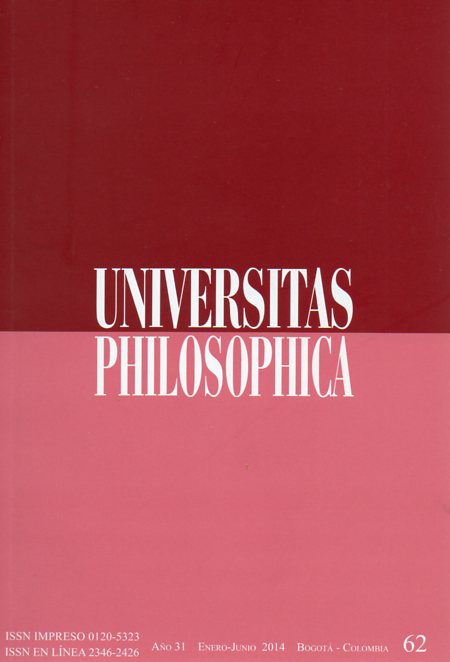Abstract
Certain dialogism is generally recognized in the founding moments of Western philosophy, and it is possible to see various forms of intertextuality in our philosophical tradition. In spite of certain monological temptations, philosophy is not a self-demonstrative system; it has woven its texts quoting other discursive voices and through the invocation of borrowed words. This article aims to outline a discontinuous overview of quotation rhetorical functions at different moments of Western philosophy. The philosophical quote has contributed to discursive authorization or to provide shared discursive repertoires, but also to invocate other intertextual voices discursive or integrate other texts in the meta-discourse of the philosopher. Nowadays the disciplinary regulation of citation practices and the bibliometric economy of impact indices threaten that dialogic and intertextual legacy.
This journal is registered under a Creative Commons Attribution 4.0 International Public License. Thus, this work may be reproduced, distributed, and publicly shared in digital format, as long as the names of the authors and Pontificia Universidad Javeriana are acknowledged. Others are allowed to quote, adapt, transform, auto-archive, republish, and create based on this material, for any purpose (even commercial ones), provided the authorship is duly acknowledged, a link to the original work is provided, and it is specified if changes have been made. Pontificia Universidad Javeriana does not hold the rights of published works and the authors are solely responsible for the contents of their works; they keep the moral, intellectual, privacy, and publicity rights.
Approving the intervention of the work (review, copy-editing, translation, layout) and the following outreach, are granted through an use license and not through an assignment of rights. This means the journal and Pontificia Universidad Javeriana cannot be held responsible for any ethical malpractice by the authors. As a consequence of the protection granted by the use license, the journal is not required to publish recantations or modify information already published, unless the errata stems from the editorial management process. Publishing contents in this journal does not generate royalties for contributors.


